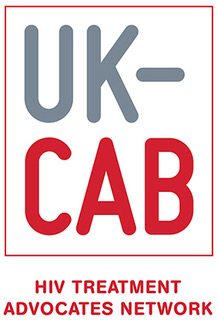8. Developing and maintaining excellent care
This section is really aimed at doctors and healthcare managers, but you should know about it too.
8a. Knowledge and training
Treatment and care for people living with HIV is complex. It should usually be managed by an expert doctor who has specialist knowledge and skills in HIV medicine. If you have other health conditions as well as HIV, your care could be provided by a team of healthcare professionals, including nurses, dietitian and pharmacists, all of whom are required to demonstrate they have achieved a high level of competency to specialise in HIV care. This team is called a multidisciplinary team (MDT). You should also have a GP for common healthcare needs. Your GP and your HIV clinic team should work together to benefit your overall health, but they will need your consent to do this.
As well as clinical care, you may need access to other services. This could include social care, which focuses on giving help with activities of daily living, maintaining independence and encouraging social interaction. Unfortunately, HIV stigma still exists, even in the health and social care services. Non-HIV specialist health and social care workers should be trained in up-to-date general knowledge about HIV. This should help overcome any ignorance and stigma.
Peer support, where you can share experience with other people living with HIV, can also be very helpful. Peer support can be given in many different ways – for example, face-to-face, online or over the phone. Organisations providing peer support should have appropriate structures and training in place for peer supporters.
Key messages
Caring for people living with HIV is complex. It can involve a wide range of people from different areas. In all cases, plans need to be in place to provide good, joined-up care.
HIV care should be provided by a wide range of healthcare professionals, including nurses, dietitians and pharmacists, all of whom are required to demonstrate that they have achieved a high level of competency to specialise in HIV care.
